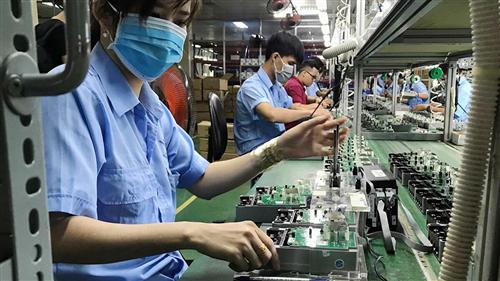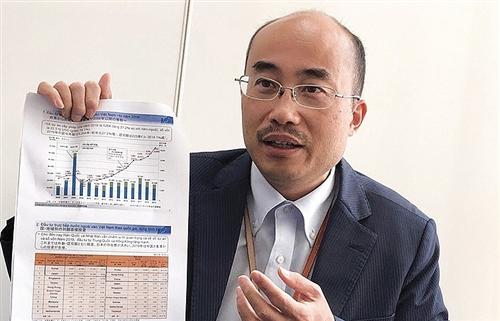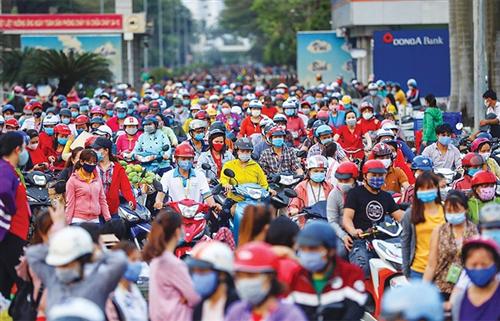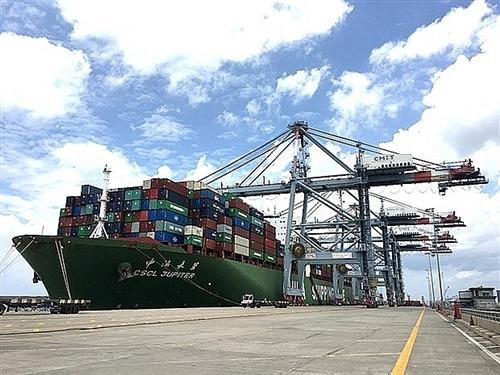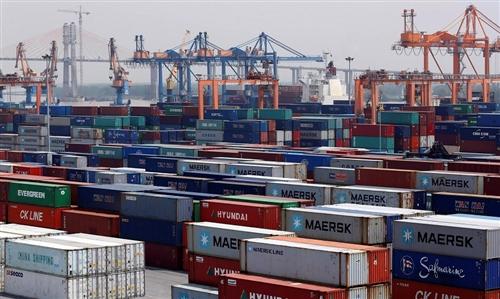PM pushes for commodity price cuts
PM pushes for commodity price cuts
Viet Nam was in a position to hold inflation below 4 per cent this year, according to Prime Minister Nguyen Xuan Phuc. 
The PM was speaking at a working session of the National Steering Committee on Price Management attended by leaders from various ministries in Ha Noi on Tuesday.
To reach this target, Phuc asked ministries to implement effective solutions to reduce the cost of commodities, especially rice, pork, electricity and water.
At the meeting, leaders discussed solutions to deal with the impacts of COVID-19, which are affecting economies around the world.
Phuc said State management was needed to control prices in accordance with the law to fight speculation and price gauging.
“Slack management is a mistake,” Phuc said.
“If prices rise, people will be affected. So we must look at good growth and stable prices to ensure people’s living standards, especially during these difficulties," he stressed.
The Government leader assigned the ministries of agriculture and rural development (MARD) and industry and trade (MoIT), the Government Office and the State Bank of Viet Nam and other agencies to submit concrete solutions, including strict sanctions for violations that slowed development.
Phuc wanted ministries to carry out solutions systematically and effectively to reduce the price of live pigs to VND60,000 (US$2.6) per kilo.
A report by the MoIT showed that the price of live pig reached VND73,000-78,000 per kilo early this month, making the price of pork high VND130,000-150,000 per kilo in markets. The prices have currently increased to VND80,000-90,000 per kilo of live pig and VND145,000-165,000 per kilo of pork.
Phuc said the current prices were too high.
“We need to ensure the benefits of the husbandry, processing and distribution sectors, as well as consumers. If prices are manipulated or speculation and profiteering are detected, we must deal with them,” he added.
In terms of rice, the Prime Minister emphasised the importance of rice exports while ensuring food security and farmers' rights.
He also instructed the MoIT and finance ministry to monitor changes in crude oil prices, giving specific scenarios and concrete price management plans, in combination with the efficient use of the price stabilisation fund.
Meanwhile, ministries and other agencies will give instructions to reduce the prices of materials, medical equipment, textbooks, transportation services, building materials and essential goods to help ease problems and stabilise market prices.







